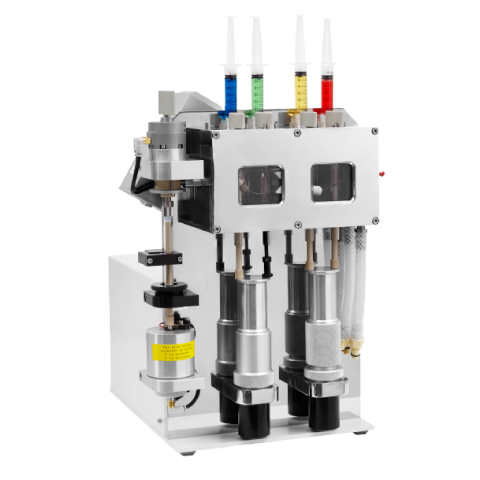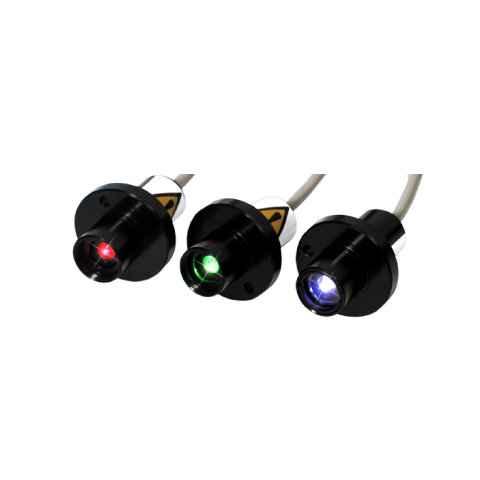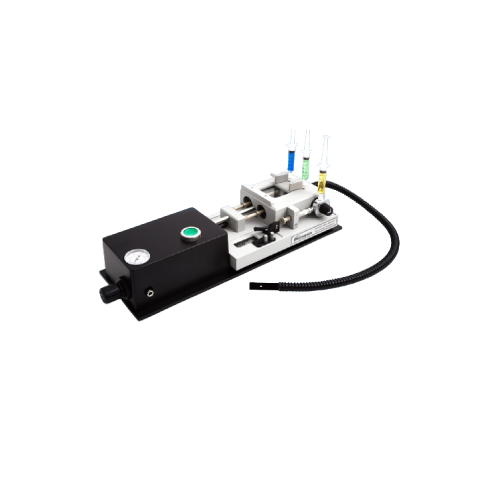Emergence of irreversible modulation in drug discovery
16th-17th October 2024, Cambridge, England
Emergence of irreversible modulation in drug discovery
Irreversible covalent modulation is a crucial part of the drug discovery toolbox and is an important strategy for finding tractable equity against less druggable targets. However, understanding the binding kinetics, mechanistic PK/PD relationship and SAR of compounds is critical to success as is employing best practice in hit identification and lead optimisation.
This online and in-person event aims to bring together established leaders and emerging investigators exploring the use of irreversible covalent modulators in drug discovery. Targeting of both cysteine and other amino acid residues will be considered as will in depth analysis of the kinetics of irreversible inhibition. Irreversible modulation as a strategy for targeted protein degradation and the identification of covalent chemical equity through proteomic approaches will also be covered.
Speakers
Professor Daniel Nomura
The University of California, Berkeley
Talk title: Reimagining Druggability using Chemoproteomic Platforms
Biography: Dan Nomura is a Professor of Chemical Biology and Molecular Therapeutics in the Department of Chemistry and the Department of Molecular and Cell Biology in the Division of Molecular Therapeutics at the University of California, Berkeley and an Investigator at the Innovative Genomics Institute. He is an Adjunct Professor in the Department of Pharmaceutical Chemistry at UCSF. Since 2017, he has been the Director of the Novartis-Berkeley Translational Chemical Biology Institute focused on using chemoproteomic platforms to tackle the undruggable proteome. He is Co-Founder of Frontier Medicines, a start-up company focused on using chemoproteomics and machine learning approaches to tackle the undruggable proteome. He is also the Founder of Vicinitas Therapeutics based on his group’s discovery of the Deubiquitinase Targeting Chimera (DUBTAC) platform for targeted protein stabilization. He is on the Scientific Advisory Boards for Frontier Medicines, Vicinitas Therapeutics, Photys Therapeutics, Apertor Pharma, Ecto Therapeutics, and Oerth Bio. Nomura is also on the scientific advisory boards of The Mark Foundation for Cancer Research and the MD Anderson Cancer Center. He is also an Investment Advisory Partner at a16z Bio+Health, an Investment Advisory Board member at Droia Ventures, and an iPartner with The Column Group. He earned his B.A. in Molecular and Cell Biology in 2003 and Ph.D. in Molecular Toxicology in 2008 at UC Berkeley with Professor John Casida and was a postdoctoral fellow at Scripps Research with Professor Benjamin F. Cravatt before returning to Berkeley as a faculty member in 2011. Among his honors include the National Cancer Institute Outstanding Investigator Award, Searle Scholar, and the Mark Foundation for Cancer Research ASPIRE award.
Emma Grant
GlaxoSmithKline
Talk title: Reactive fragment platforms for covalent hit ID
Biography: Emma conducted her PhD studies on the collaborative programme between the University of Strathclyde and GlaxoSmithKline. Her research primarily focussed on photoaffinity labelling and the development of a reactive fragment screening platform, known as the PhABits, to identify tool compounds for target validation. Since graduating in 2020 and being awarded the SCI Young Chemist in Industry Prize, Emma’s work has focussed on the expansion of reactive fragment screening platforms for covalent drug discovery. She now leads the application of these technologies in covalent hit ID and to assess target tractability in the Chemical Biology group within GSK. She was recently awarded a 2023 TechWomen100 prize for her research.



